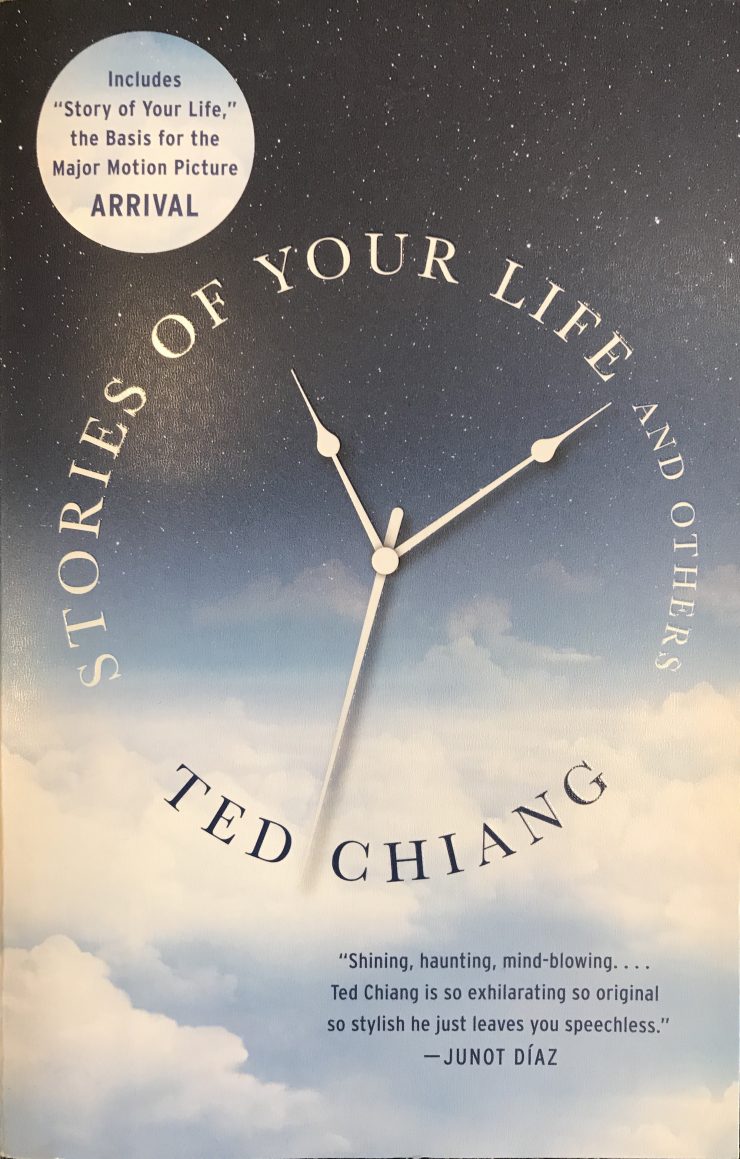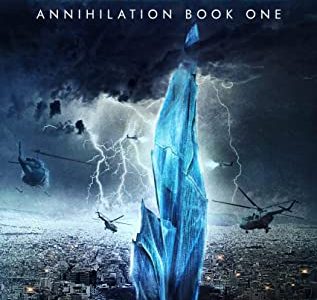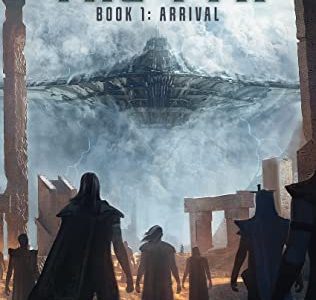Read this book if you
- Really enjoy the movie Arrival and want to read the story that inspired it
- Want science fiction stories that deal with some more philosophical issues
Avoid this book if you
- Expect all of the stories to be “hits” like Arrival in this short story collection
This is a great collection of science fiction stories that deal with more metaphysical aspects of science fiction that is normally lacking in the genre.
Stories of Your Life and Others Review
Short stories can be difficult. You’ll either really like the short story and wish there was more, or the story will really be lacking. Very seldom do I run across a short story collection that contains all amazing stories. In many ways, short story collections are like music albums: you’ll really like a few songs and the rest may just be okay.
This short story collection is no different, though the topics Chiang covers here are more philosophical than your standard science fiction fare with aliens and spaceships. The stories are almost academic in nature, and if not for the science fiction themes, I see the potential of this collection being studied in college English classes alongside other postmodern writers.
Of course, my favorite story in this collection is “Story of Your Life,” which is the premise of the movie Arrival. You don’t often see science fiction deal with heavy spiritual or metaphysical subjects, so a story like “Story of Your Life,” is a rare one in the genre.
I don’t think there are any flaws to this short story except that it leaves unanswered the question of the aliens. The alien’s arrival and their impact on Dr. Banks raises some interesting questions about free will. That Dr. Banks accepts her “fate,” creates in me a sense of existential crisis.
While I found the other stories in the collection interesting, I think the high expectations regarding “Story of Your Life” biased me toward the other stories. Still, I found some of them interesting.
“Tower of Babylon” was another story I enjoyed. If you’re familiar with the biblical Tower of Babel, then you’ll have a good idea of this story. The difference is that in this story, the tower exists. Hillalum, the protagonist of the story, manages to make his way through the tower and makes an unsettling discovery about the nature of his world.
Hillalum’s realization about the structure of the world must be similar to the thought processes our ancestors had about the world or their place in the world. In some ways, Hillalum’s realization parallels our own understanding of the our place in the universe. It wasn’t so long ago, even in my lifetime, that people believed that the only planets in the universe were those in our solar system. Today, the idea that this is the only system with planets in the universe is absurd.
“Tower of Babylon” and “Story of Your Life” make readers question the world around them. The stories that deal with religion do so in a fairly tasteful manner.
Other stories like “Division by Zero” illustrate how an obsession can drive a person mad. Renee’s discovery and her subsequent state of mind and suicidal tendencies may appear strange to us, but substitute her arithmetic proof with proof of god’s existence (or lack thereof), and you can understand the panic and fear people might experience.
The scary part about Renee’s experience is the inflexibility of the human mind. We like to say that we can adapt, but when we’re shown absolute evidence that our fundamental understanding of reality is wrong, then how might we all react?
In “Stories of Your Life,” Dr. Banks accepts her fate rather than struggle against it. Maybe the struggle would be too difficult, and an acceptance would just be easier. Certainly, we may know just such people who accept their situation because it’s easier rather than work toward changing their lives.
Conclusion
My overall impression is that the stories don’t really have happily ever after endings. Dr. Banks resigns herself to the fate she witnessed through the alien’s language. Even with foreknowledge of her daughter’s premature death, she still undertakes the actions that lead toward that conclusion.
Hillalum endeavors to tell the world the futility of their efforts regarding the tower, upending generations of effort and sacrifice. It’s not a big stretch to imagine how people will receive his news. And he’s not likely to be well received considering the darker outcomes of the other stories.
You’re not going to read a story here and “feel” good after you’re done. You might even walk away from a story with a sense of dread. But that speaks to Chiang’s writing and the power of his stories to provoke thinking.



